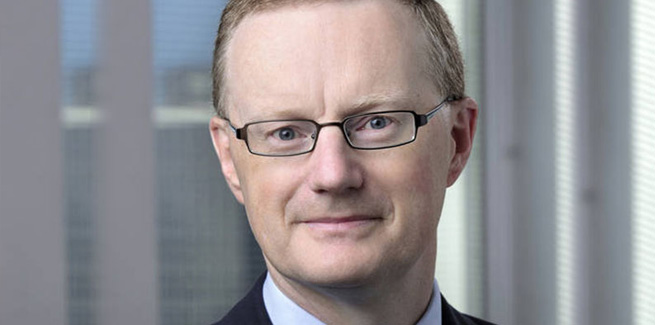Speaking to the House of Representatives standing committee on economics on Friday, governor of the Reserve Bank of Australia (RBA) Philip Lowe reiterated that it is “reasonable to expect an extended period of low interest rates in Australia”.
“This reflects what is happening both overseas and here at home,” Mr Lowe said.
Mr Lowe acknowledged the negative impact of low interest rates on retirees and savers receiving low returns on their deposits, stating that he has received correspondence from affected members of the community who have suffered financially from the central bank’s recent cuts to the cash rate.
“It’s not uncommon for people to say to me they’ve worked hard all their lives, they’ve saved, they’re frugal, they don’t spend very much, and they rely on interest income and they have to cut back their spending,” Mr Lowe said. “I understand it is a real issue for many people.”
Mr Lowe continued: “Some of these letters go on to say there are other people in the community who have borrowed a lot of money and they feel like they are being bailed out.
“At the very kind of human or individual level, I have a great deal of sympathy for the people who write to [me].”
However, Mr Lowe said that a low rate environment in Australia is here to stay, adding that most foreign central banks are expected to ease monetary policy in the next six months.
“While we might wish it were otherwise, it is difficult to escape the fact that if global interest rates are low, they are going to be low here in Australia too,” he said.
“When the global appetite to save is elevated relative to the appetite to invest – as it is now – interest rates in all countries are affected.
“Our floating exchange rate gives us the ability to set our own interest rates from a cyclical perspective, but it does not insulate us from long-lasting shifts in global interest rates driven by saving/investment decisions around the world.”
The US Federal Reserve recently cut its funds rate for the first time in almost a decade, lowering it to 2-2.25 per cent, with the European Central Bank and the Bank of Japan also expected to reduce their cash rates, which are currently below zero.
The RBA cut the cash rate back-to-back in June and July but opted to keep the cash rate on hold at 1 per cent during its board meeting earlier this month.
Observers expect the RBA to hold off on further cuts until the end of the year, with AMP Capital chief economist Shane Oliver predicting cuts in November and February, which would take the official cash rate to 0.5 per cent.
[Related: ‘Dovish’ RBA in ‘wait and see mode’]
 ;
;
